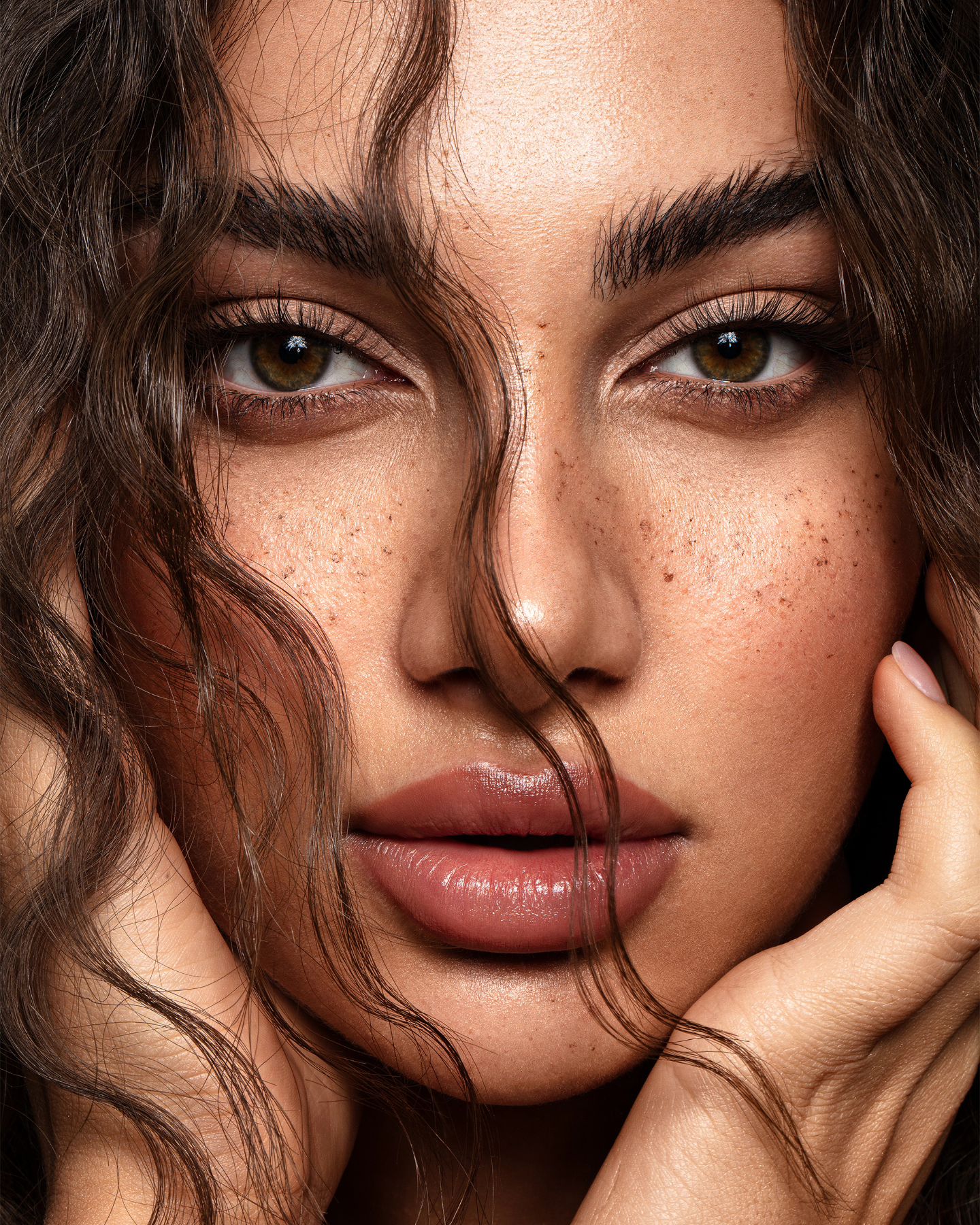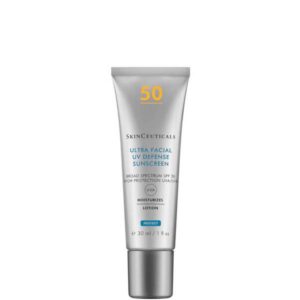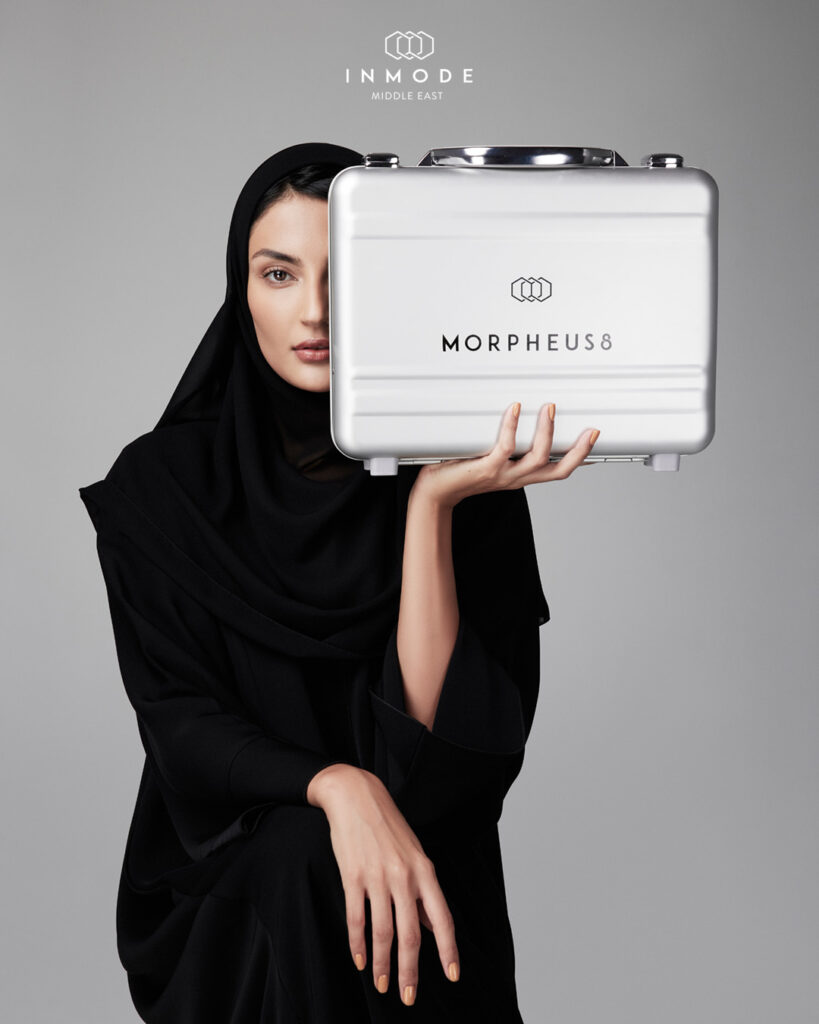
Ramadan is a time for spiritual reflection, community, and – of course – delicious pre-dawn and post-sunset feasts. But amidst all of this, changes in your routine can impact your skin. But don’t fear, as we tapped Dr. Hassan Galadari, leading dermatologist at Galadari Clinic, for all his top Ramadan skin tips and recommendations. “For me, Ramadan extends beyond mere abstention from food. This sacred time is marked by self-reflection and an opportunity to reset,” Dr. Hassan explains. “People can prioritise quality time with family and show themselves some much-needed self-compassion, like skincare.”
Here, he explores how to adapt your skincare routine to address the effects of fasting, from dryness to dehydration, alongside tips on choosing the right products and maximising their effectiveness. So, get ready to learn how to nurture your skin and emerge with a healthy, radiant glow throughout the holy month. ✨
Skincare
“One of the significant impacts of fasting is dehydration. Dehydration can also manifest as dullness, darker under-eye areas with pronounced shadows, and heightened oiliness as the skin tries to compensate for the lack of hydration. To combat these effects, I typically hydrate my skin using water and then apply my hyaluronic acid serum, moisturiser and SPF throughout the day.

TREATMENTS
“During Ramadan, I highly recommend non-invasive treatments due to their minimal or absence of incisions, which reduces risks and shortens recovery periods. Additionally, these treatments yield natural-looking outcomes and are often more affordable than surgical options. Take FaceTite, for instance, renowned for its ability to rejuvenate and sculpt the face with minimal invasiveness. Using advanced radiofrequency energy, FaceTite targets areas like the jawline, chin, and cheeks to tighten loose skin, effectively addressing signs of ageing and sagging. By stimulating collagen production in deeper skin layers, FaceTite delivers immediate results and enhances long-term skin elasticity and firmness.
I also integrate Morpheus8 into my skincare regimen. This revolutionary non-invasive treatment offers many benefits for the skin on the face, neck and body by effectively stimulating collagen and elastin production. It integrates radiofrequency energy and micro-needling to target loose skin, double chin and undefined jawlines. Throughout the session, a handheld applicator delicately applies pulses of RF energy to the skin through gentle pressure or stamping. This meticulous ‘stamp’ approach stimulates collagen and elastin production while promoting the growth of new skin tissue. Particularly during Ramadan, when maintaining a consistent skincare routine can be challenging due to altered schedules and dietary habits, Morpheus8 proves invaluable in sustaining healthy, rejuvenated skin. Typically, I undergo a series of one session a month over three months.”









